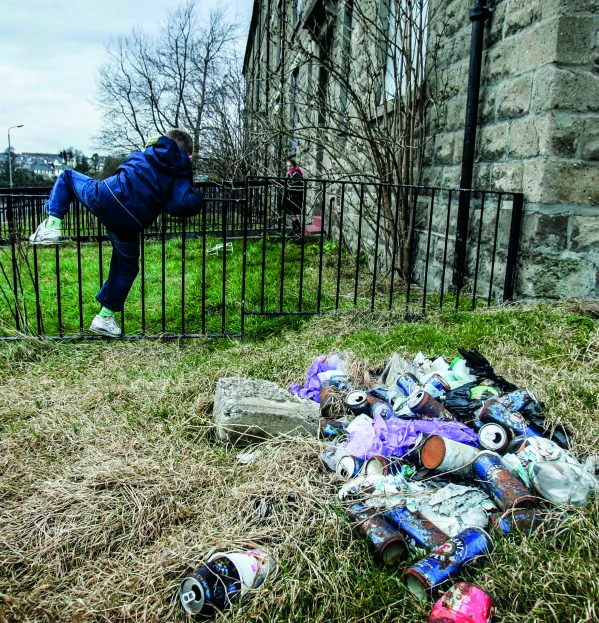- Home
- Leadership
- Staff Management
- How mentors can help to close the attainment gap
How mentors can help to close the attainment gap

It’s the end of the beginning of the second phase of the return to school.
In primary schools this week, arrangements will have looked much like they did before Christmas now that all pupils are back full time. In secondary schools, carefully laid plans to enable social distancing and some time in school for all students (or at least as many as possible) will have been put to the test, inevitably with different degrees of success and failure.
In both sectors, just managing the logistics of pupils being back in school during a pandemic and trying to keep everyone safe will continue to preoccupy minds in the short term but, increasingly, the question of “catch-up” will come into sharper focus.
The idea of supporting pupils to catch up - however you define that - after many weeks of remote learning is, of course, closely related to what has been the key focus in Scottish education for more than five years now: the attainment gap.
Last month, an evidence review of the “poverty-related attainment gap” in Scotland - commissioned by The Robertson Trust and carried out by the Poverty Alliance - was published. Unfortunately, one of its key messages is that there is a lack of evidence about what works.
Mentoring and the attainment gap
However, the report does highlight a few interventions with a solid evidence base. It talks, for example, about the importance of parental engagement, particularly in the early years. The report notes that children in Scotland spend approximately 15 per cent of their waking hours in school, meaning 85 per cent of children’s time is spent at home or in their communities.
These figures really drive home the need for a holistic approach to recovery that involves youth work, which is something Scotland’s children’s commissioner Bruce Adamson has been arguing for - but they also make clear the critical role that parents play. And, arguably, schools are in a better position than ever to capitalise on this in the wake of remote learning, when new channels of communication have opened up and parents’ insight into their children’s learning has never been greater.
It would be easy to lose these new connections with families and return to business as usual, but this report suggests that, if schools can find the time and space in the hurly-burly of the return, they would be well worth maintaining and building on.
And what else works? The report says that the existing evidence base shows that there is an impact on attainment where there is a focus on teaching reading comprehension strategies, metacognition and self-regulation strategies - in other words, clear rewards for supporting pupils to think about their own learning and for improving processes of planning, monitoring and evaluation of learning.
The report also says that there is “positive evidence on the impacts of careers education and guidance, tutoring and mentoring on improving educational outcomes for disadvantaged children and young people”.
The pandemic - with all the associated worries about lost learning - has led to some tutoring programmes emerging. These have had to be online rather than in person.
One example is the study support sessions provided by e-Sgoil for three evenings a week. The Scottish Parliament’s Education and Skills Committee heard on 3 March that these had “grown exponentially during the months of closure”, with more than 4,500 young people having signed up.
Another online tutoring programme to watch is being rolled out in East Lothian Council secondaries. It is the brainchild of Queen Margaret University and involves weekly support for more than 300 secondary pupils in groups of up to three. The University of Strathclyde will assess the impact of the initiative.
The MCR Pathways mentoring scheme, meanwhile, has a well-established model for setting up pupils with mentors.
That we don’t have better evidence of what works, given the supposed focus on the attainment gap, is a cause of real concern. But we do have some evidence - and it might just be that the pandemic has put us in a better position to act on it.
Emma Seith is a reporter at Tes Scotland. She tweets
@Emma_Seith
You need a Tes subscription to read this article
Subscribe now to read this article and get other subscriber-only content:
- Unlimited access to all Tes magazine content
- Exclusive subscriber-only stories
- Award-winning email newsletters
Already a subscriber? Log in
You need a subscription to read this article
Subscribe now to read this article and get other subscriber-only content, including:
- Unlimited access to all Tes magazine content
- Exclusive subscriber-only stories
- Award-winning email newsletters



